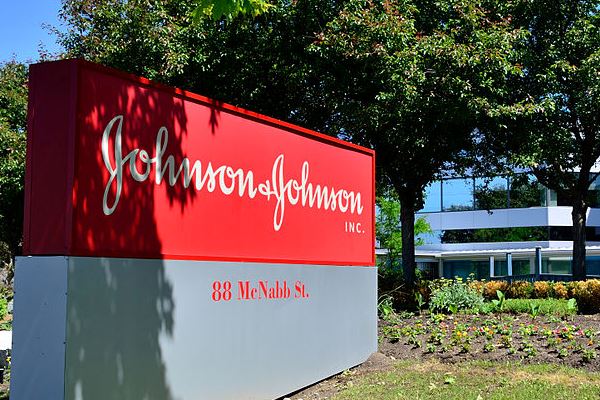Health and Healthcare
What to Expect From Johnson & Johnson Earnings
Published:
Last Updated:
Johnson & Johnson (NYSE: JNJ) is scheduled to report its second-quarter financial results Tuesday morning before the markets open. Thomson Reuters has consensus estimates of $1.68 in earnings per share (EPS) on $17.76 billion in revenue. The health care giant posted EPS of $1.78 and $19.50 billion in revenue in the same period of last year.
This is one the top market cap stocks in the health care sector, and it will raise the dividend for shareholders this year for the 52nd consecutive year. With everything from medical devices to over-the-counter health items and prescription drugs, Johnson & Johnson remains one of the most diversified health care names on Wall Street.
Johnson & Johnson has a market cap of $305 billion. Last year, its revenue was $46 billion, with net income of $7.9 billion. Its yield is 3.0%. One of its claims to stability of earnings is that it has several successful businesses, which makes it a multi-legged stool in terms of earnings protection. The company makes consumer products such as Band-Aid and Listerine, medical products for joint reconstruction and heart disease, and medicine for heart problems and infection.
ALSO READ: 5 Fresh Dividend Hikes Too Important to Ignore
Johnson & Johnson also has one of the most exciting pipelines of new drugs in the sector. That, combined with the solid over-the-counter product business, makes the stock an outstanding holding. With branded pharmaceuticals leading the sales growth for the company, investors will be watching closely for overall sales growth in the second quarter.
The total pharmaceutical market reached the $1 trillion mark in 2014. Nearly 40% of the growth came from specialty medicines, which included oncology, autoimmune, respiratory and anti-viral medications.
Looking ahead, the total global branded pharmaceuticals market is expected to grow at a compound annual operational growth rate of roughly 3% from 2014 to 2019, according to IMS Health. Among the top 10 global pharmaceutical companies, IMS Health also reports that the Pharmaceutical segment of Johnson & Johnson was among the fastest growing in the United States, Europe and Japan in 2014. This segment had sales of $32.3 billion, representing an operational increase of 16.5% compared to 2013.
To continue this growth, Johnson & Johnson announced plans to file over 10 new products for approval, as well as 40 line extensions of existing and new medicines. The kicker is that each one of these candidates has the potential to generate $1 billion in revenue each.
Shares were up 0.7% to $100.20 Monday morning. The stock has a consensus analyst price target of $109.59 and a 52-week trading range of $95.10 to $109.49.
ALSO READ: 5 Big Defensive Dividend Stocks to Buy Trading at Deep Discounts
The thought of burdening your family with a financial disaster is most Americans’ nightmare. However, recent studies show that over 100 million Americans still don’t have proper life insurance in the event they pass away.
Life insurance can bring peace of mind – ensuring your loved ones are safeguarded against unforeseen expenses and debts. With premiums often lower than expected and a variety of plans tailored to different life stages and health conditions, securing a policy is more accessible than ever.
A quick, no-obligation quote can provide valuable insight into what’s available and what might best suit your family’s needs. Life insurance is a simple step you can take today to help secure peace of mind for your loved ones tomorrow.
Click here to learn how to get a quote in just a few minutes.
Thank you for reading! Have some feedback for us?
Contact the 24/7 Wall St. editorial team.